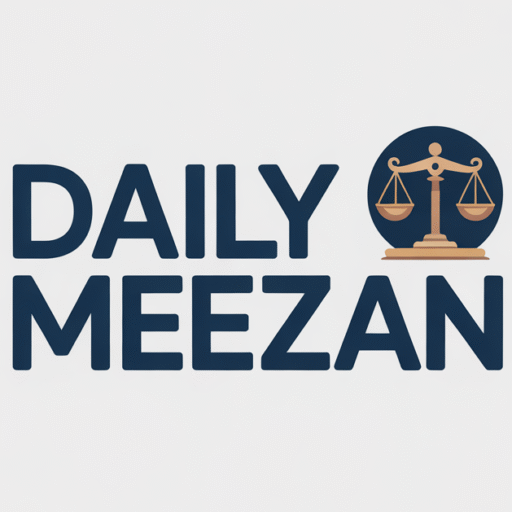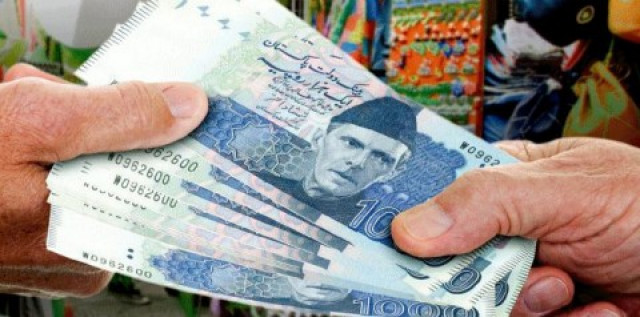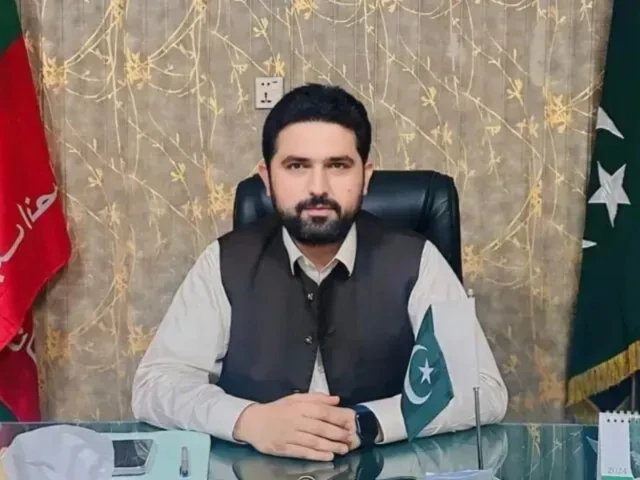Around 165,000 Pakistani students study abroad, yet very few pay taxes in Pakistan, NAB chief noted
ISLAMABAD:
National Accountability Bureau (NAB) Chairman Lt Gen (retd) Nazir Ahmad Butt has said that the top accountability watchdog will approach parliament with a request to reduce the current Rs500 million threshold required for initiating action in corruption cases.
“NAB will ask parliament to lower this threshold, as many have started planning corruption below Rs500 million to evade prosecution,” the NAB chief said on Tuesday in his first press briefing since assuming charge of the organisation in March 2023.
After the ouster of the PTI-led federal government in April 2022, the PML-N-led coalition government amended the National Accountability Ordinance (NAO) 1999, limiting NAB’s jurisdiction to cases involving alleged corruption exceeding Rs500 million.
During the briefing, the NAB chairman presented a performance review of the bureau, saying that no other institution in the country had made recoveries as large as NAB.
He said that from its creation in 1999 up to March 2023, NAB had recovered $3.15 billion. However, during his two-and-a-half-year tenure, NAB recovered a whopping $29.99 billion. These recoveries include cash recoveries of Rs1,124 billion (around $4b), while the rest were recovered in the form of assets.
“In the last 26 years, the government provided NAB Rs62 billion, while the bureau has recovered Rs9 trillion, making its performance unmatched by any anti-corruption agency in the world,” he claimed.
He lamented that those who loot Pakistan’s wealth invest their money in the US, Europe, Canada, and other countries, where no one questions them.
Around 165,000 Pakistani students study abroad, yet very few pay taxes in Pakistan, he noted.
“These countries have become safe havens for laundered money,” he said, adding that even when NAB requests data, it sometimes takes up to seven years to receive a response, and information is often withheld under the pretext of protecting “politically exposed persons”.




